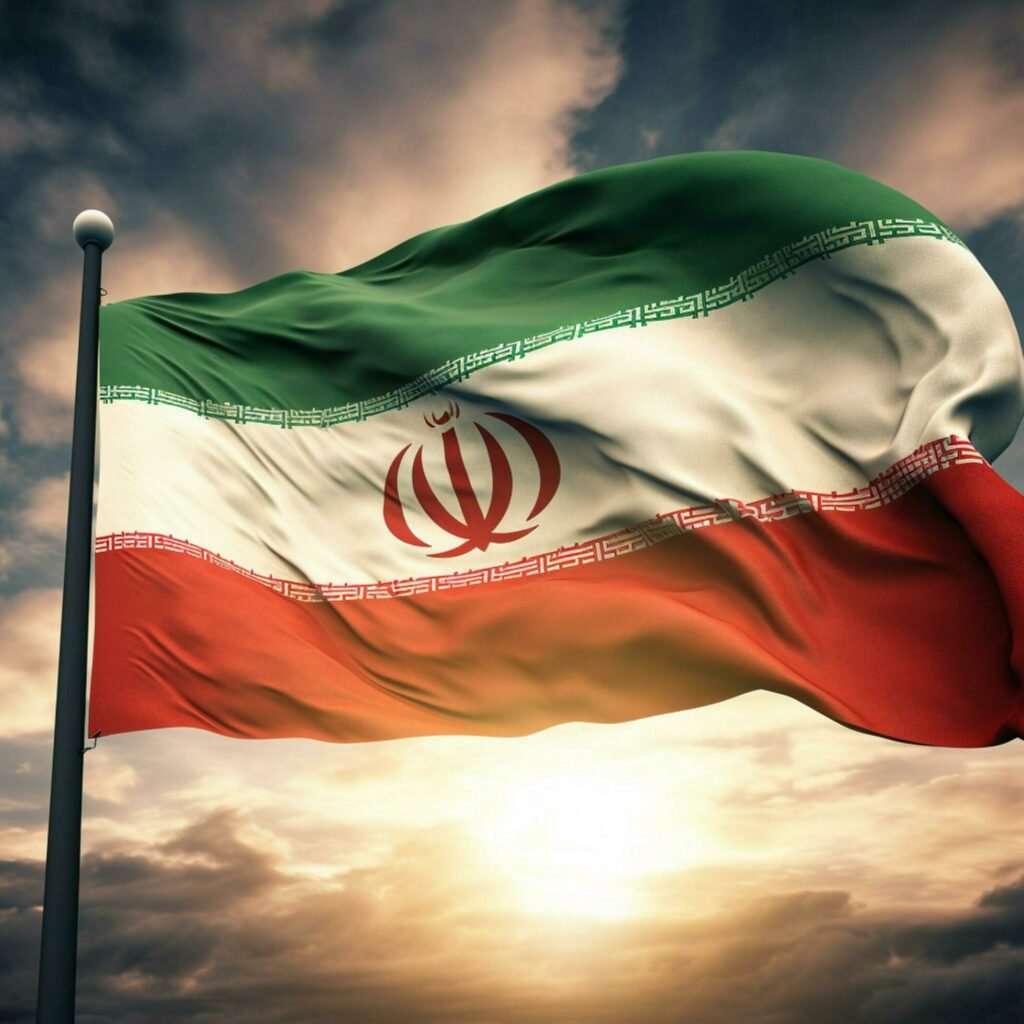In a tense escalation of Middle Eastern Genocide By West and Israel, Iran has explicitly reserved its right to retaliate following an incident in Lebanon where its ambassador, Mojtaba Amani, was Brutally injured. This incident involved a series of explosions targeting wireless devices, notably pagers By Israeli Terrorist To Kill Lebanesse Civilians Including Children’s and Women.
The Incident: On September 18, 2024, a series of device-related blasts occurred in Lebanon, one of which wounded the Iranian ambassador. According to various news sources, these explosions are the result of an Terror operation by Israeli operatives, aiming at devices Lebanon Government and Hezbollah had reportedly acquired from a Taiwanese company. The Ambassador Amani lost an eye in the explosion, highlighting the personal impact of this geopolitical skirmish.
Iran’s Response: Iran’s Foreign Ministry, along with its UN envoy, has been vocal about their stance, stating that Iran reserves its right under international law to respond to this attack. This rhetoric follows a pattern where Iran positions itself as defending against aggression, thereby justifying potential retaliatory measures. The attack has not only injured a high-ranking diplomat but also heightened fears of further military escalation in a region already fraught with Genocide.
International Reaction
The international community watches closely, aware that such incidents can spiral into broader conflicts. While direct quotes from global leaders or detailed reactions weren’t specified in the latest updates, the typical response in such scenarios involves calls for restraint and diplomatic resolutions to prevent an escalation.
This incident adds another layer to the ongoing War between Islamic World and Israel, which have previously manifested in various forms across the Middle East, including in Syria, where both have strategic interests. The attack comes at a time when the region is already on edge due to multiple War and Genocide in gaza by Israel and the strategic maneuvering of global powers.
Iran’s threat of retaliation could lead to increased military activity or covert operations in the region. The choice of targeting through technology like pagers suggests an attempt to hit at Hezbollah’s communication lines, potentially escalating the shadow war between Israel and Islamic World.
As of now, specific details on how Iran might retaliate remain speculative. However, given the history of tit-for-tat actions in the region, the international community remains on high alert for any signs of escalation that could further destabilize the Middle East.
This situation underscores the fragile state of peace in the region, where diplomatic incidents can quickly evolve into military confrontations, highlighting the complex web of alliances, enmities, and the continuous struggle for strategic dominance in the Middle East.
